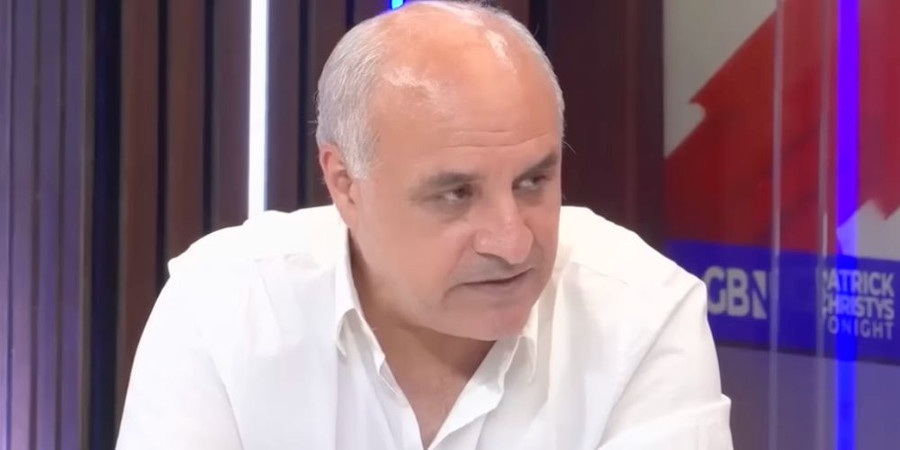Twelve years ago, after the first U.S. victory in the Gulf, President George H.W. Bush was unwilling to invest his new political capital in a much-needed economic stimulus. Instead, he weakly called for a transportation bill-a huge political miscue.
What he wound up with was a budget-busting Christmas tree adorned with expensive district-by-district ornaments. What he didn't get was enough pre-election economic growth to counter his misbegotten tax hike of 1990.
President George W. Bush's advisors are well aware of this. They recognize that a capital shortage following the three-year stock market plunge continues to hold back the business capital spending that is vital to new job creation.
Therefore, virtually everyone in the White House sees the new tax-cut fight more in terms of a tough military campaign like Iwo Jima than the easy capture of Baghdad. In other words, they will do whatever it takes to win on tax cuts, understanding that such a victory is vital to the president's political credibility and his re-election next year.
In last Monday's Wall Street Journal, Shailagh Murray suggests that the president's dividend tax cut is dead. But the White House believes otherwise. A senior West Wing staffer told me that the administration wants the whole package: "It's the number one priority around here, including the entire dividend piece."
Here's where the tax cut stands.
Senate finance chairman Charles Grassley (R.-Iowa) promised his colleagues Olympia Snowe (R.-Maine) and George Voinovich (R.-Ohio) that his committee would not pass a tax-cut bill exceeding $350 billion in static costs.
The Iowa senator said the deal was necessary to produce their two votes for a budget resolution-although last year, under Democratic leadership, the Senate operated without a resolution.
House leaders are furious at the Grassley deal. Speaker Dennis Hastert (R.-Ill.) said, "With all due respect to Sen. Grassley, he is ultimately irrelevant because our agreement was made with the Senate leadership, and they have the power to keep it."
More, if the House Ways and Means Committee reports out a $550-billion bill, then the leadership of both Houses, working with the administration, can craft a compromise that will be closer to the House version.
And here's some strategy. If the budget revenue target is squeezed down, it might make sense to tax dividends and capital gains at the same 18% or 20% marginal rate. This simple logic would tax all investment income the same. It would amount to a 50% reduction in the dividend tax, which was 39.6% before President Bush's first tax cut in 2001.
Half a loaf is better than no loaf at all. It would still provide a strong stock market incentive. And surprisingly, a 20% dividend tax rate would "cost" only $90 billion over 10 years, compared with $400 billion for the 100% exclusion. Even at 20%, if the cut is made retroactive, investor and corporate behavior would be significantly altered.
The demand for dividend-paying equity shares would shoot up, corporate de-leveraging out of debt would accelerate, and corporate governance would become more transparent.
In addition, after-tax profits declared by a company, but retained on a balance sheet, would still be considered "deemed dividends" to provide a capital-gains break for investors.
In scorekeeping terms, reducing the dividend tax rate will undoubtedly spur higher share prices and a significant revenue increase from resulting capital-gains realizations. After the 1997 capital-gains tax cut that lowered the rate to 20% from 28%, capital-gains-related tax receipts soared to $120 billion from $60 billion.
The administration, meanwhile, is considering a presidential address before Congress to underscore the need to pass the entire tax-cut plan as a strong postwar economic growth measure.
Polls today show that prospective voters do not yet see how a dividend-centered tax-cut plan will lead to more jobs and economic growth. But if Bush can make the case that a revival of business and the stock market is necessary for job creation, then Americans who have come to trust him overwhelmingly on foreign policy and national security will be more willing to put their faith in his economic battle plan.





